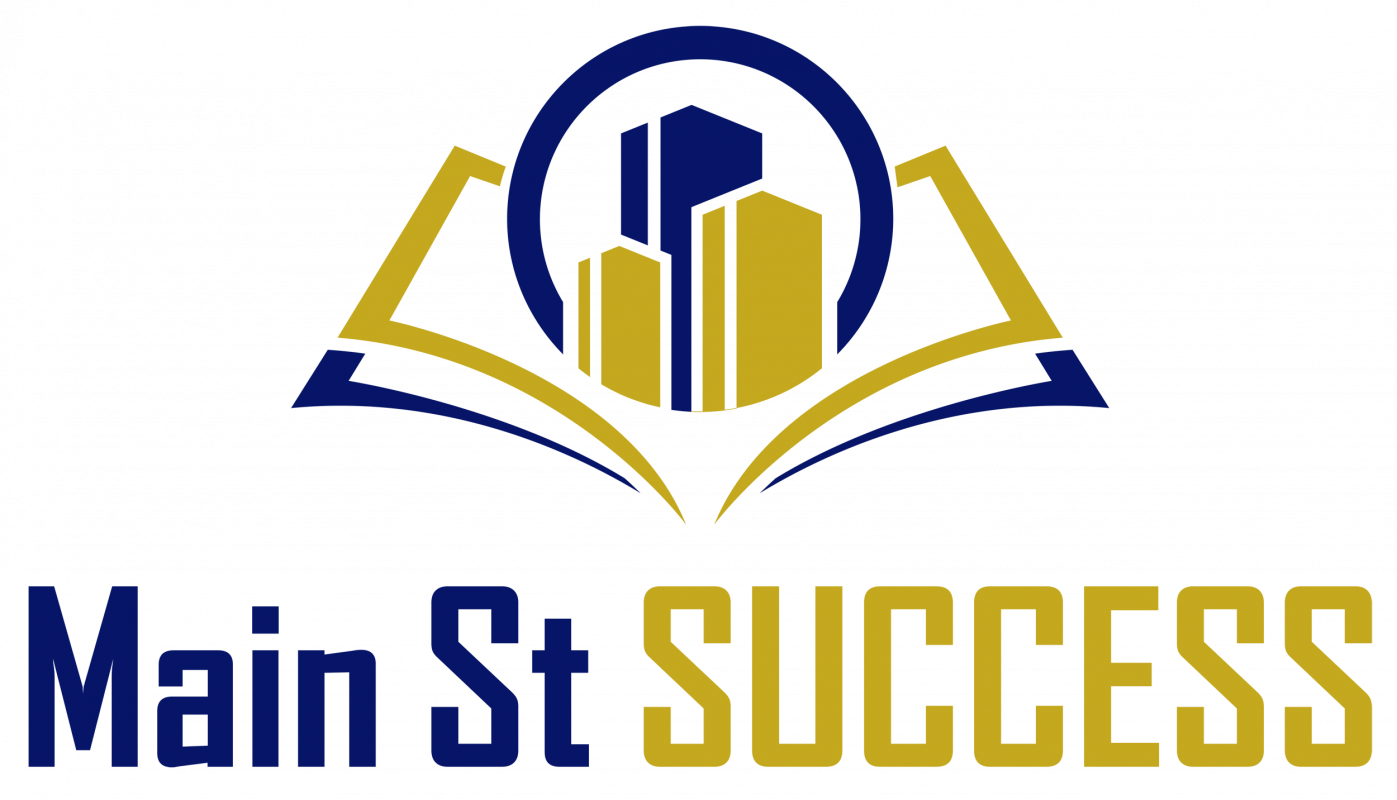Careers, Uncategorized
Embracing Career Change: Navigating Your Career Journey with Confidence
Embracing career change in this fast-paced and ever-changing job market is crucial for staying relevant and thriving in one’s career. Career transitions can be both challenging and rewarding, but with the right approach and a mindset of confidence, individuals can navigate their career journey with purpose and success. This article aims to provide valuable insights and strategies to help readers embrace change, build self-assurance, and navigate their career transitions with confidence.
Recognizing the Need for Career Change
The first step in navigating a successful career transition is recognizing the signs that indicate a change is necessary. Are you feeling unfulfilled in your current role? Are you witnessing shifts in your industry? Acknowledging these signs can be empowering and serves as the impetus for embarking on a new career path.
However, this realization can be both daunting and liberating as it requires introspection, self-awareness, and a willingness to embrace change.
- Feeling Unfulfilled and Stagnant: One of the most common signs that indicate the need for a career change is a sense of unfulfillment and stagnation in one’s current job. If you find yourself dreading Mondays, feeling disengaged at work, or lacking passion and excitement for your tasks, it may be a clear signal that your current career path is no longer aligned with your interests and aspirations.
- Shifts in Industry and Job Market: Industries and job markets are constantly evolving due to advancements in technology, changes in consumer preferences, and global economic shifts. If you notice that your current industry is experiencing a decline in demand, or if job opportunities in your field are becoming scarce, it may be time to consider exploring new career options.
- Lack of Growth and Advancement: A career should offer opportunities for growth, skill development, and advancement. If you feel stuck in your current position with limited chances for progression, it may be a sign that you have outgrown your current role and need to seek new challenges that align with your career goals.
- Changing Personal Priorities and Values: As individuals progress in their personal lives, their priorities and values may evolve. Life events such as marriage, parenthood, or a desire for better work-life balance can prompt a reassessment of career choices. Recognizing these shifts in priorities can lead to a more fulfilling career that aligns with one’s current stage of life.
- Loss of Passion and Motivation: If you once felt passionate and enthusiastic about your career but now find yourself lacking motivation and interest, it could be an indication that your current role no longer ignites your professional drive. Rediscovering your passion and enthusiasm for work may require exploring new career paths that align with your interests.
- Impacts on Mental and Physical Well-being: A mismatch between your career and personal aspirations can have adverse effects on your mental and physical well-being. Experiencing chronic stress, burnout, or even health issues due to job dissatisfaction should not be ignored. Acknowledging these signs can prompt the necessary steps to change your career trajectory for a healthier and happier life.
- Seizing Opportunities for Growth: Recognizing the need for a career change is an opportunity for personal growth and self-discovery. It allows individuals to reassess their skills, strengths, and areas of improvement. This process of introspection can lead to a better understanding of one’s true passions and potential career paths that align with individual goals.
Building a Foundation of Confidence
Confidence is the key to making bold decisions during career transitions. Take time to recognize your personal strengths and accomplishments. Celebrate your achievements and remind yourself of the unique skills you possess. Overcoming self-doubt and imposter syndrome is vital in establishing a strong foundation of confidence.
Exploring New Career Change Opportunities
As you embrace change, consider exploring new career opportunities that align with your passions and interests. Assess your transferable skills and evaluate how they can be applied to different industries or roles. Conduct thorough research to gain insights into various career options and industries that excite you.
Creating a Career Transition Plan
Setting clear and achievable career goals is essential when navigating a career transition. Develop a step-by-step plan that outlines the actions you need to take to reach your desired destination. Break down your goals into manageable tasks and set timelines to stay focused and accountable.
Networking and Building a Professional Brand
Networking is a valuable tool in any career transition. Leverage your connections and actively seek out new ones to expand your professional network. Cultivate an authentic and compelling personal brand that highlights your strengths and showcases your expertise.
Seeking Guidance and Mentorship
Transitioning to a new career can be overwhelming, but seeking guidance from mentors and career advisors can provide invaluable support. Reach out to individuals with experience in your desired field and learn from their insights and experiences. Their guidance can help you make informed decisions during your career journey.
Developing New Skills and Expertise
Identify any skill gaps and areas for improvement in your chosen career path. Pursue relevant training and educational opportunities to develop new skills and enhance your expertise. Continuous learning is key to staying competitive in today’s ever-evolving job market.
Overcoming Challenges and Adapting to Career Change
During career transitions, challenges are inevitable. It’s essential to develop resilience and adaptability to overcome obstacles along the way. Embrace change as an opportunity for growth and learning, and approach challenges with a positive and proactive mindset.
Embracing Lifelong Learning and Growth
A successful career journey is not a destination but a continuous process of growth and improvement. Foster a mindset of lifelong learning, stay curious, and be open to new experiences. Embracing growth opportunities will keep you ahead in your career trajectory.
Evaluating Progress and Celebrating Success
Regularly monitor your progress towards your career goals and celebrate the achievements and milestones along the way. Recognize your efforts and acknowledge your successes, no matter how small they may seem. Celebrating success boosts motivation and fuels your journey towards greater accomplishments.
Embracing change is the cornerstone of a successful career journey. With confidence as your compass, navigating career transitions becomes a transformative and fulfilling experience. By recognizing the need for change, setting clear goals, seeking guidance, and continually evolving through learning, you can confidently steer your career towards a future filled with growth and success. Embrace the possibilities that change brings, and embark on a journey that will lead you to new heights of professional achievement and personal fulfillment.

